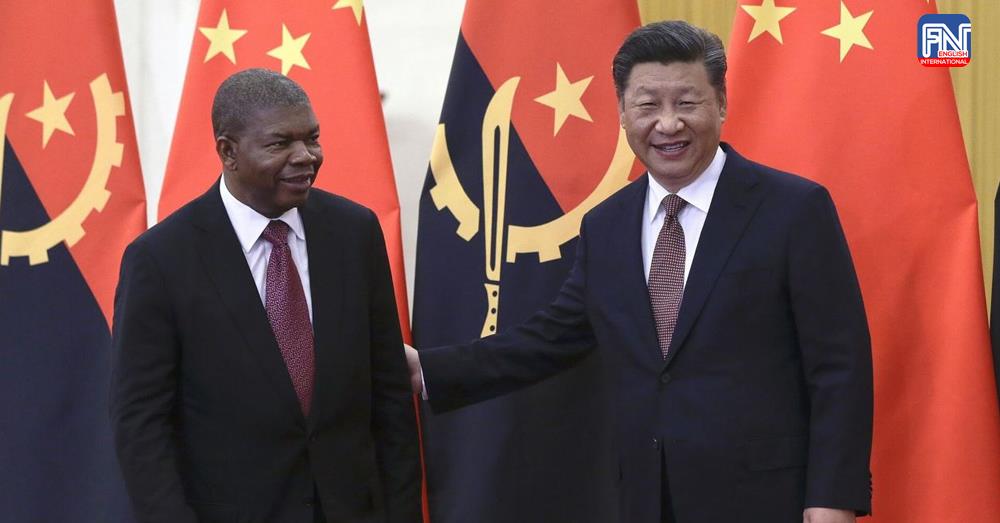BEIJING, Mar. 17 (Sputnik) - The BRICS bloc overtook the G7 in its share of the world’s gross domestic product (GDP) in 2020, and looks set to continue to grow.
China and Angola announced they were upgrading diplomatic relations to a comprehensive strategic cooperative partnership on Friday as 2024 looks to be a landmark year for economic development in the Global South.
The announcement was made during a meeting between Angolan President Joao Lourenco and Chinese President Xi Jinping in Beijing. The leaders announced bilateral relations would be elevated to the level of a “comprehensive strategic cooperative partnership.” Cooperation in the areas of trade, infrastructure, agriculture, and green development was discussed.
“Mutually beneficial cooperation between China and Angola… dispels the notion propagated by some Western media of China engaging in ‘debt trap diplomacy,’” read an article in Chinese media outlet Global Times. Some US officials have used the term to accuse China of exploiting African countries with burdensome loan packages.
But African leaders have repeatedly expressed respect for China as a major success story of growth and progress in the developing world. “We have observed with interest and admiration China's remarkable economic ascendance,” said South African President Cyril Ramaphosa in 2018. “We applaud its achievements in social development, lifting millions of its people out of poverty.”
The upgrading of ties comes as nearly three dozen countries have expressed interest in joining the BRICS bloc in 2024, of which China and Russia are major members. South African Foreign Minister Naledi Pandor said 34 nations have explored becoming part of the organization.
BRICS is an economic alliance formed in 2009 by the leaders of Brazil, Russia, India, and China. South Africa joined shortly after, and last year Egypt, Ethiopia, Iran, and the United Arab Emirates were added.
China promised to expand partnership with Angola as part of its Belt and Road Initiative, which seeks to fund and construct infrastructure projects throughout the world. China calls the initiative a model of “win-win” economic cooperation as upgraded infrastructure allows China to more easily transport goods while also contributing to the development of partnered countries.
“Our expectation is to mobilize more investment and cooperation, especially from private sectors to our country in agriculture, industrialization, and sustainable development,” said Luis Cupenala, head of the Angola-China Chamber of Commerce, who hailed the upgrading of relations.

Photo from AP




